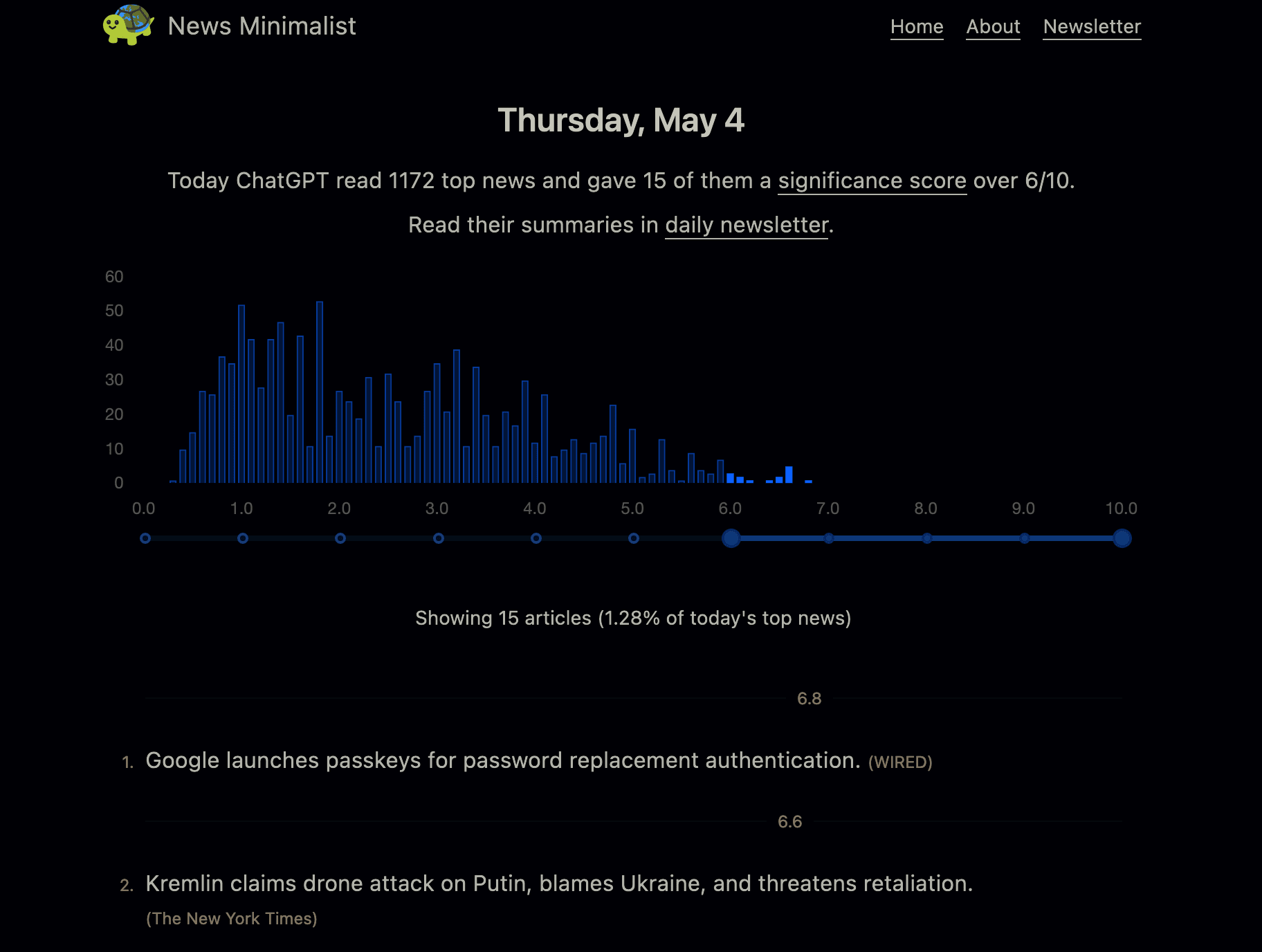My first impulse is AHrefs. It's geared towards SEO so its ratings are estimates of volume over time (in which you can view 'virality' if there is a spike in traffic).
But also, GPT-4 has a good answer for you. Check out the last option, Media Cloud. Actually includes an "Attention Over Time" chart.
Good Luck!
There isn't a single definitive resource that tracks and rates viral phenomena across various platforms and media. However, there are some resources that might come close to what you're looking for. These tools and websites often analyze and aggregate data from multiple sources to provide insights into trending topics, news stories, and online conversations. Some of these resources include:
Google Trends (trends.google.com): Google Trends allows you to explore search trends over time and by region, comparing different search terms or topics. It doesn't provide an "attention index" directly, but you can use search interest as a proxy for public attention.
NewsWhip (www.newswhip.com): NewsWhip provides insights into how news stories, viral content, and influencers are performing across social media platforms. You can explore trending content and track engagement levels, but access to more in-depth analytics and historical data requires a subscription.
BuzzSumo (www.buzzsumo.com): BuzzSumo is a content analysis and social media monitoring tool that helps identify trending topics, stories, and influencers. It offers engagement metrics and time-based filters, but full functionality requires a subscription.
CrowdTangle (www.crowdtangle.com): CrowdTangle is a social media analytics tool owned by Facebook that tracks content performance across Facebook, Instagram, Twitter, and Reddit. Access is granted to select partners and organizations, but it offers powerful insights into content virality and public attention.
Media Cloud (www.mediacloud.org): Media Cloud is an open-source platform developed by MIT and Harvard that analyzes news and public interest content. You can use it to explore trends in news coverage and attention, but it might require some technical expertise to use effectively.
Remember that these tools are not perfect and may not cover all aspects of virality or attention. They can, however, provide a good starting point to investigate trends and narratives in the public sphere.

I'm, as are most, familiar with Google Trends. What I'm interested is something more analytical than Google Trends. Maybe Google Trends would be closer to what I am imagining if it displayed and detailed how individual trends in aggregate constitute some portion of a larger historical event(s) playing out. For example, that Tucker Carlson is trending now might be a component of multiple other, larger phenomena unfolding. Also, beyond Google Trend's measure of normalized search interest, I would be interested in seeing the actual numbers across social networks / platforms by token or related tokens. Again, my phrasing here may be poor, but I feel that Google Trends misses some level of cohesiveness with the trends it measures (maybe stated as "some inadequacy on part of Google Trends to integrate multiple trend histories into the larger picture"). Thank you for your comment.